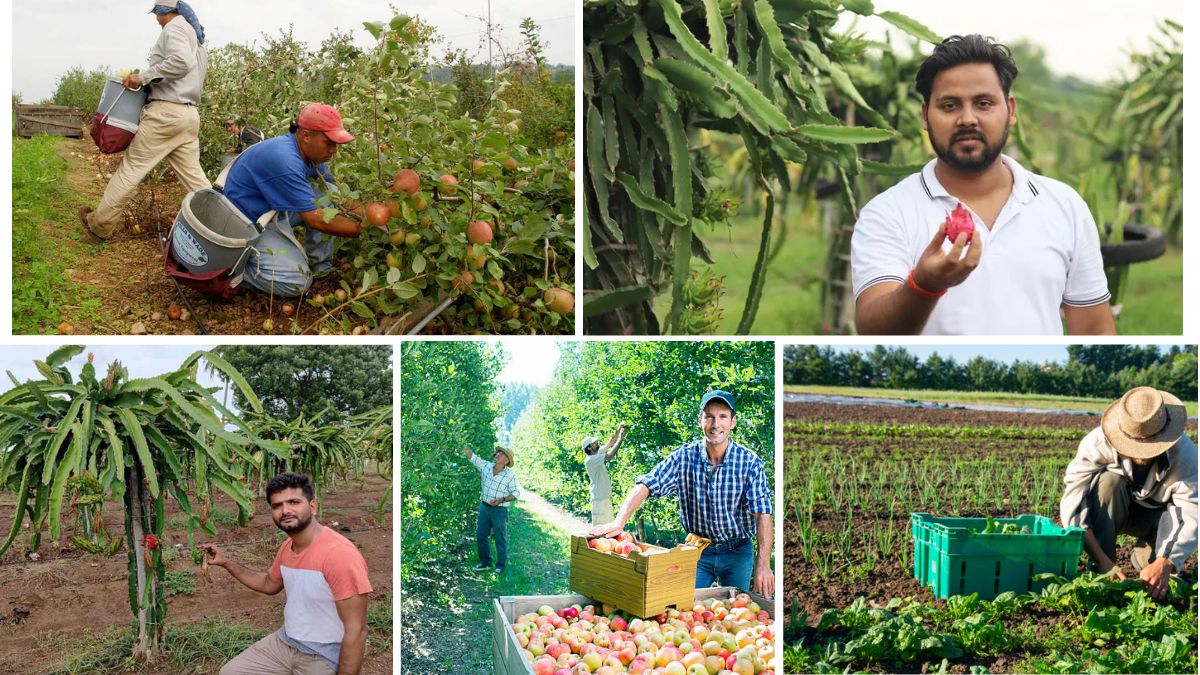In a world increasingly conscious of sustainability, health, and food security, fruit farming has emerged as a compelling career option. With growing global demand for fresh produce and superfoods, a career in fruit farming offers more than just the promise of profits—it presents a lifestyle rooted in nature, innovation, and long-term growth. But is it truly viable as a full-time profession? This article explores the economic potential, challenges, required skill sets, and future prospects of fruit farming as a sustainable and rewarding career.
1. The Global Rise of Fruit Farming
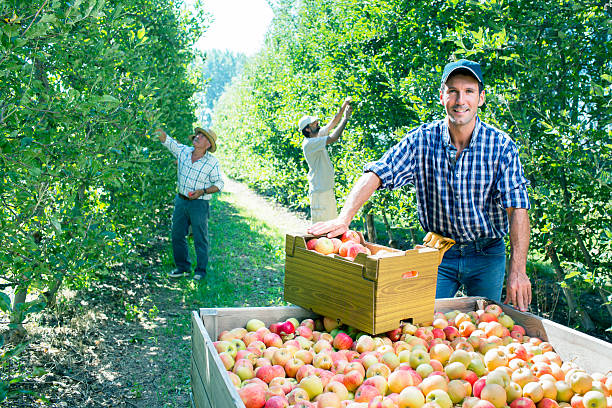
The demand for fruits has surged globally due to rising awareness about health and nutrition. Countries like India, Brazil, China, and the U.S. are major producers, but emerging markets in Southeast Asia, Africa, and Latin America are also stepping into the limelight. According to the FAO, global fruit production reached over 870 million metric tons in 2024, driven by population growth, urbanization, and increasing income levels.
With exports increasing and fruit-centric industries like juice production, dried fruits, organic stores, and supermarkets booming, the potential for profitability in fruit farming has never been higher.
2. Economic Viability: The Profit Perspective
a. Market Demand
Fruits such as mangoes, bananas, guavas, berries, avocados, and dragon fruit are in high demand in both domestic and international markets. Niche markets for organic, exotic, and off-season fruits are expanding rapidly.
b. Return on Investment (ROI)
Initial investments in fruit farming (land, irrigation, saplings, fertilizers, labor) can be significant, but many fruit crops provide long-term yields. For example:
- Mango trees begin yielding in 3–5 years and can produce fruit for over 30 years.
- Banana plants provide harvest within 9–12 months with consistent returns.
- Dragon fruit starts producing within a year and can yield up to 20–30 years with proper maintenance.
Many small and medium farmers report ROI as high as 150–200% over a 3–5 year span, especially when targeting niche or export markets.
3. Land and Climatic Suitability
Climate and soil conditions are crucial to success in fruit farming. For example:
- Tropical and subtropical climates support mango, banana, papaya, and guava farming.
- Temperate climates are ideal for apples, pears, and berries.
- Arid zones have found success with pomegranate and date palm farming.
Understanding local agro-climatic zones allows farmers to choose fruits that optimize yield and market compatibility. In India, for example, Maharashtra is famed for pomegranates, while Himachal Pradesh leads in apple production.
4. Skills and Education: What You Need to Know
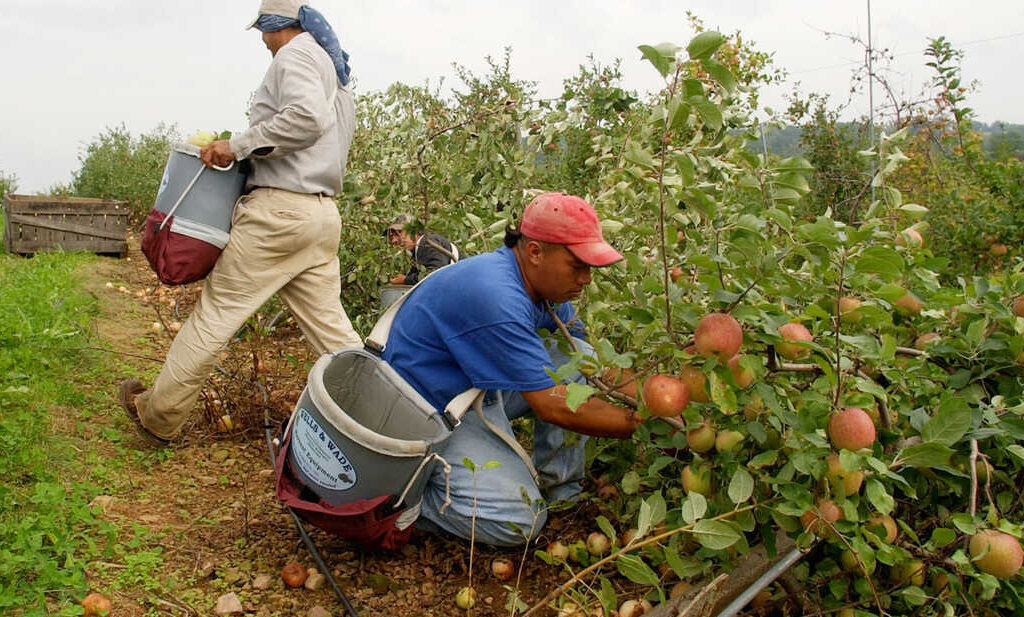
While traditional knowledge is valuable, modern fruit farming demands scientific and business acumen.
a. Horticulture Knowledge
A formal education in horticulture or agriculture is helpful. Topics like soil health, crop cycles, integrated pest management, and post-harvest handling are critical.
b. Marketing and Sales
Direct marketing, B2B partnerships with retailers, or selling via farmers’ markets or online platforms can increase margins. Understanding supply chain dynamics is essential.
c. Technology Integration
Smart farming tools such as drip irrigation, mobile farm apps, drones, and soil sensors enhance productivity and reduce waste.
5. Challenges in Fruit Farming
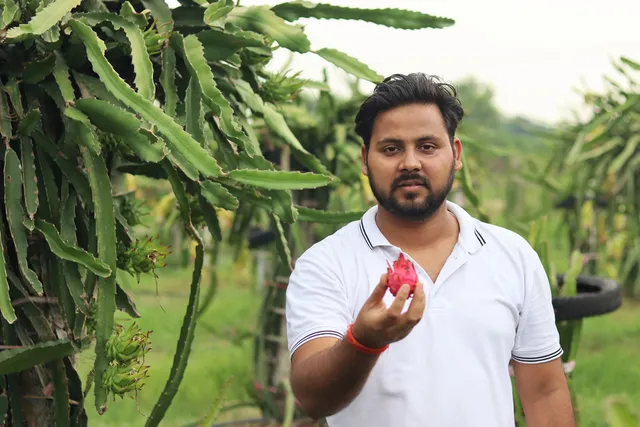
Despite the potential, fruit farming comes with its own set of hurdles:
a. Initial Capital Requirement
Costs of land, labor, fertilizers, saplings, and equipment can be steep. However, government subsidies and rural loans help mitigate this burden in many countries.
b. Delayed Returns
Most fruit crops don’t yield returns in the first year, unlike vegetables. This requires patience and long-term planning.
c. Pests, Diseases, and Weather Risks
Unpredictable climate events like floods, droughts, and cyclones can ruin entire harvests. Integrated pest management and crop insurance are crucial defenses.
d. Market Volatility
Prices may fluctuate depending on season, demand, and competition. Cold storage and value-added processing can help stabilize income.
6. Government Schemes and Support
Many governments actively promote fruit farming by offering:
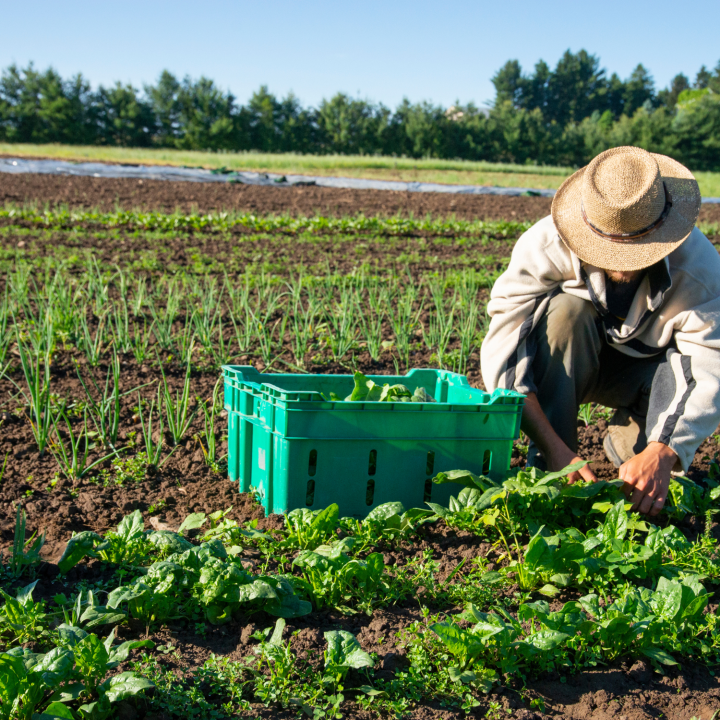
- Subsidies for irrigation systems, fencing, and saplings
- Skill development programs under agricultural universities
- Crop insurance schemes
- Export assistance and organic certification programs
In India, schemes like the PM-Kisan and MIDH (Mission for Integrated Development of Horticulture) provide direct financial and technical support to fruit farmers.
7. Export Opportunities
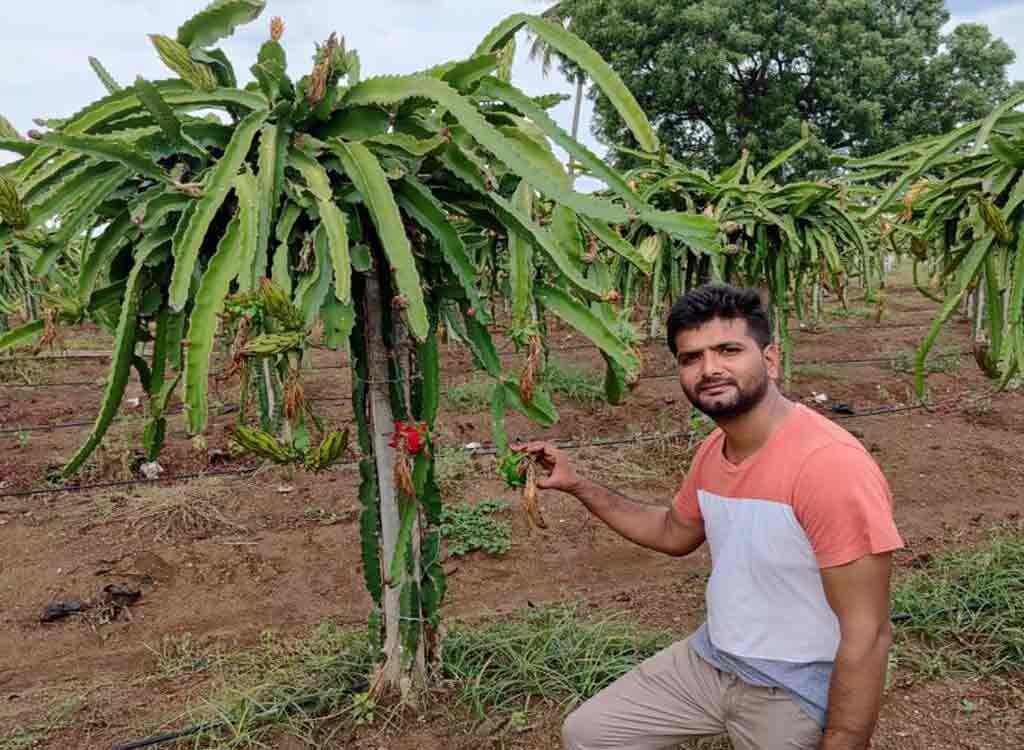
Fruits are one of the fastest-growing categories in agricultural exports:
- India exports mangoes to the Middle East, Europe, and the US.
- Vietnam is known for dragon fruit exports to China and beyond.
- Latin America dominates the global banana market.
With proper post-harvest infrastructure and certification (e.g., Global GAP, USDA Organic), fruit farmers can earn 2–3 times more through exports.
8. The Organic and Exotic Edge
Organic farming is no longer niche—it’s becoming mainstream. Consumers are willing to pay premium prices for pesticide-free, sustainably grown fruits. Similarly, cultivating exotic fruits like blueberries, avocados, and kiwis gives farmers a competitive advantage, especially in urban and export markets.
9. Real-Life Success Stories
- India: In Maharashtra, several farmers who switched from traditional crops to pomegranate and guava now earn 5x more annually.
- Vietnam: Smallholder dragon fruit farmers have seen incomes double since adopting export-focused practices.
- Mexico: Avocado farming has turned once-rural economies into billion-dollar industries.
These stories prove that fruit farming isn’t just viable—it can be transformational.
10. The Future of Fruit Farming
The intersection of agri-tech, climate-smart practices, and consumer awareness is redefining fruit farming. Innovations such as:
- Hydroponic fruit farming
- Vertical orchards
- AI-based crop prediction models
- Drone spraying and automation
…are turning this age-old profession into a futuristic, scalable enterprise.
Furthermore, agritourism and farm-to-table ventures offer additional income sources and brand building for fruit farmers.
Conclusion: A Career Worth Cultivating
Fruit farming is not merely about planting trees and harvesting produce—it’s a multifaceted career involving science, business, and sustainability. With rising market demand, support from governments, and technological advancements, fruit farming offers viable career prospects for rural youth, entrepreneurs, and even urban dwellers seeking greener pastures.
However, success requires more than enthusiasm. Strategic planning, continuous learning, and adaptive thinking are crucial. For those willing to commit and innovate, fruit farming isn’t just viable—it’s a fruitful future.
